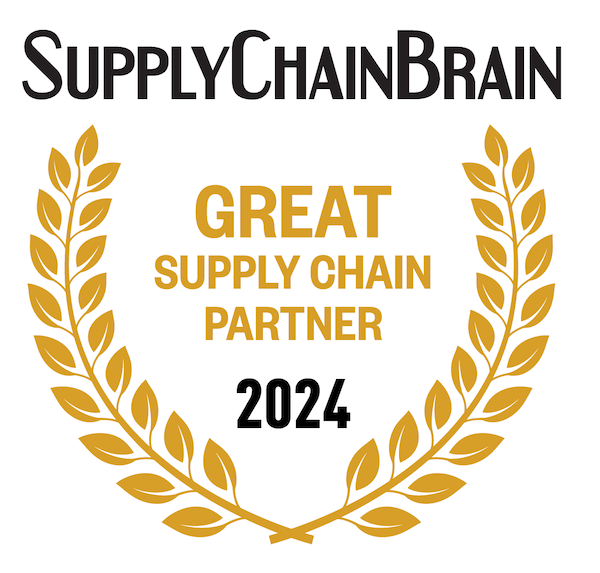Time to read: 5 min
Growing up, books and the people they contained were the most important thing in my life. The characters I read about dramatically influenced my personal philosophy, whether it was the compassion of Jean Valjean or the fierce protectiveness of Jo March. One of my favorite series is the Discworld novels by Terry Pratchett, which introduced Granny Weatherwax and her iron-rigid sense of morality to my inquiring mind. In “Carpe Jugulum,” her conversation with a young priest on the nature of sin leads her to this statement:
“And sin, young man, is when you treat people as things. Including yourself. That’s what sin is.”
Eliminating the humanity of the people in your life is an easy way to treat them poorly, leading to miscommunication and mutual isolation. These are some of the many reasons why discounting the human factor in your business is a deadly move.
Lack of compassion and respect for your co-workers in a healthy corporate culture creates irrevocable damage to morale, creativity, trust and productivity. The cornerstone of my philosophy as Head of People at Fictiv is that founders and company leadership must invest in both people and product equally in every stage of growth. This will result in a robust, healthy culture that provides inspiration, morale, and satisfaction.
Step One: Team Buy In
The first tool a founder needs to create healthy culture is unequivocal support from their team and (if applicable) co-founders. Your entire company, from your C-level to new employees, must believe that potential colleagues are more than just a Swiss Army knife of skills.

Each person you bring on brings their own experience, their distinct workstyle and personality. Everyone must understand that each new addition to the workforce (particularly in the first round of hires) slightly shifts the dynamic of the entire company’s character and direction. If you and your team are able to commit to doing whatever it takes to invest in people, then you’ll be able to rely on them to help affect real change and create a solid foundation of policy and growing culture.
Step Two: A Hierarchy of Values
The second task an early stage business needs to accomplish is to establish universally agreed upon values, what they mean, and how they are ranked. This creates a solid, unshakeable and scalable foundation for the entire company’s policies both internally and externally. Value setting is difficult and deserves an entire article of its own, but my general guideline starts with planning a moderated discussion for all employees that focuses on the broader question of: “What are your personal values?”
You can begin to guide the conversation towards pointing out any common answers, then inquiring what those words mean to each person. As each person defines their values, you can begin to pick out trends and sculpt a definition that everyone can agree on. Once these values are defined and communally agreed upon, creating a hierarchy allows for any conflict between values to be resolved more easily.
It’s imperative to make certain that by the end of these discussions, every single employee in the company buys into and believes in upholding these values. That said, it’s impossible, and perhaps unproductive, for one person, or even a team of people, to constantly monitor and correct every behavioral or policy deviance from the established mode of behavior set by our values. So the best way to keep your culture thriving daily is to empower your teammates by giving them the authority to check, support, and laud each other for keeping their values alive.
Step Three: Upkeep
The next step in maintaining your culture is constantly checking in on value alignment and consistency in your company policies and structure. These check-ins vary in scale and size, ranging from brief hallway conversations asking how folks are doing, to redesigning a hiring process for a specific role. This has the effect of making certain everyone can understand how their individual contributions and decisions shape the direction of the company’s culture.
There are also substantial benefits to regular discussions that involve the entire company. When moderated well and finely focused, the conversations about the relevance of your company values and how well you’re upholding them keeps everyone in tune with your mission of a healthy culture.
This is the main reason why Fictiv goes on biannual offsites, no matter how large the company is or will be. It’s being in the same room with everyone, understanding how everyone fits together and giving everyone a voice that will keep you and your colleagues in sync and on task.
Step Four: Amendments
Over time, it may be necessary to alter the definitions of your values and traits as the character of your company grows. It can be difficult to see a carefully constructed system you’ve created change unexpectedly or be thrown out over time. However, everything in life must adapt and shift to accommodate new ideas, problems and situations.
Regardless of the conditions or affecting factors (internal or external), the best method of dealing with a change to your foundational value system is with respectful, empathetic and clear dialogue. Trust that your teammates are telling you something important, and that it isn’t a waste of your time. Try your best to understand their message, their point of view, and what they’re trying to accomplish. You’ll be able to have a more useful and productive conversation this way.
Keep in mind that this part of creating healthy culture never actually ends. Like looking after a bonsai plant, you’ll never be done pruning, encouraging growth or in some cases, completely scrapping your base premises and finding new ones. Cultivation of your company’s ethics, morale, and behavior is a worthwhile and career-long goal whose rewards are perhaps not always tangible, but always felt.
Boldly Go!

A couple of years ago, I designed (and received) a tattoo inspired by Star Trek: The Next Generation, which features the Enterprise-D, two Klingon BIrds of Prey, and the words “Boldly Go!”. The piece was to remind me not only of Captain Picard and his awesomeness, but to also never shirk from doing what is right the best way I know how.
I firmly believe from my experience that a company can’t succeed without a thriving, empowering culture in which its people can do their best. The worst that we can do to one another is not recognize the humanity in each one of us.
Of course, these specific tactics may not be the best fit for you or your organization. But as long as you have the long view of creating a respectful, engaging environment for your employees, you’re giving your business a better chance of success.










